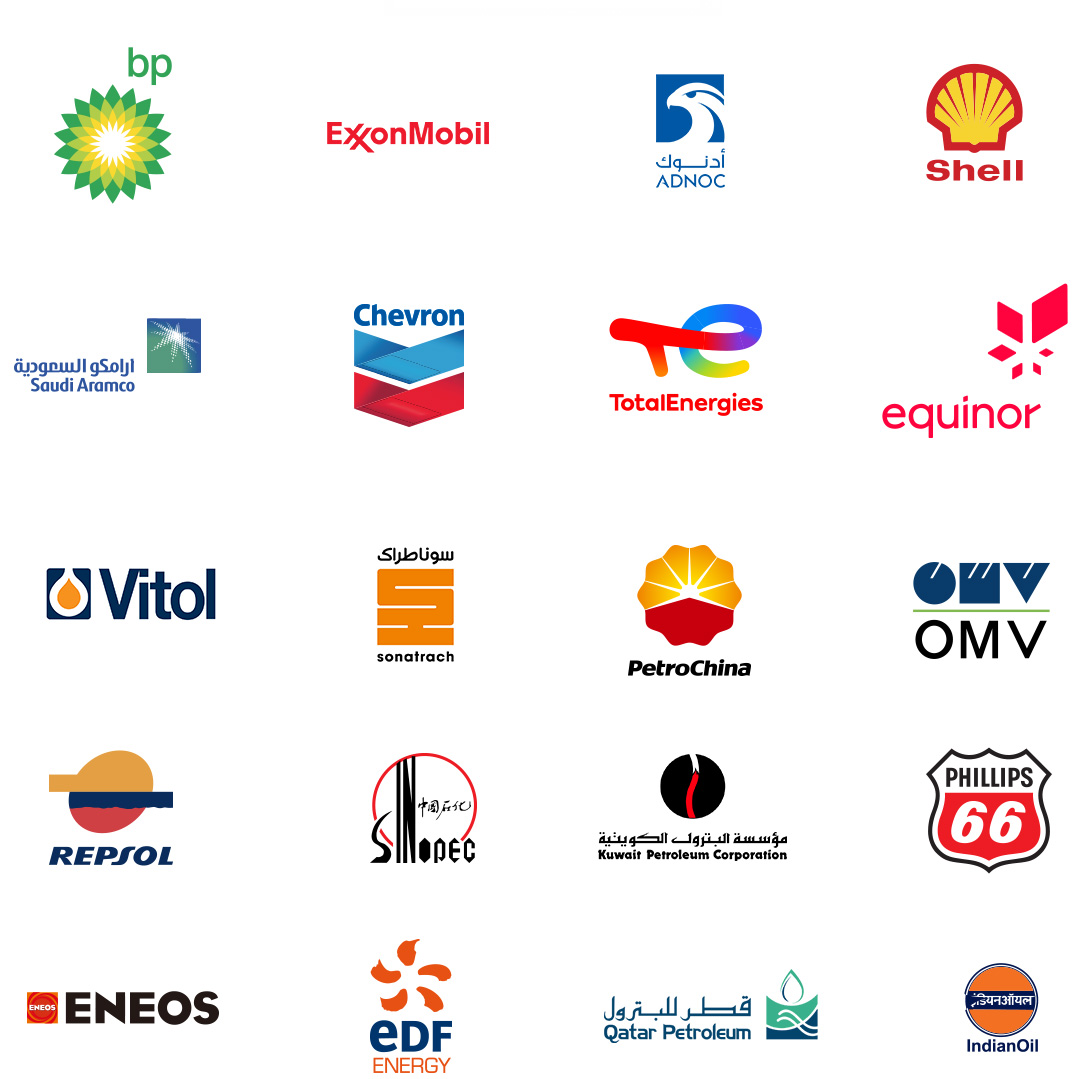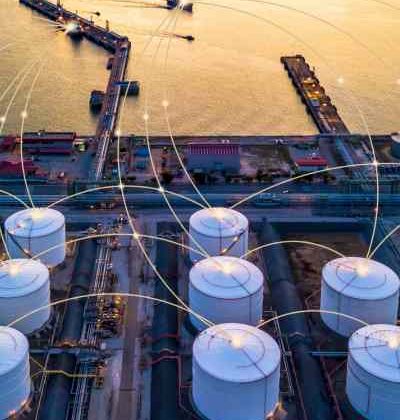Bringing knowledge and expertise to the global Energy, Oil and Gas

Our Mission


Why IBH?
Brilliantly organized course
focused on learning and remembering every detail of this universe of oil and derivatives negotiators. In this learning process, I was able to share the classroom with professls from 18 companies, coming from 14 different countries, bringing unique experiences and knowledge of their markets.
focused on learning and remembering every detail of this universe of oil and derivatives negotiators. In this learning process, I was able to share the classroom with professls from 18 companies, coming from 14 different countries, bringing unique experiences and knowledge of their markets.
I really enjoyed this course.
I appreciate the quality of lectures delivered by very skilled people.
I appreciate the quality of lectures delivered by very skilled people.
It was a very informative
and professional course, which provided a big overview of how the shipping and trading industries. The best part was when we had practical sessions with trading cases to solve, charter party negotiations games, and other operational issues that arise in those industries.
and professional course, which provided a big overview of how the shipping and trading industries. The best part was when we had practical sessions with trading cases to solve, charter party negotiations games, and other operational issues that arise in those industries.
Partners & Accreditations




Keep exploring:

Classroom Courses
Delivered in premier locations worldwide, explore our courses taught by leading industry experts.

Virtual Courses
Interactive virtual instructor-led courses offer flexibility since they can be taken anytime, anywhere within your schedule.

In-House Courses
Bespoke in-house training solutions are delivered virtually or face-to-face, and are tailored to address the issues that matter most to your team.
International Business
House Head Office:
- Tel: +44 (0) 207 183 4507
- Fax: +44 (0) 207 504 8225
WhatsApp: +44 7932 572866
E-mail: office@ibhouse.net
1
Step 1







